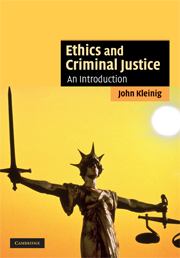1 - Civil society: its institutions and major players
Published online by Cambridge University Press: 05 June 2012
Summary
We never hear our own accent. But others do.
Because you are reading this, it is highly likely that you possess certain beliefs about yourself and other human beings – for example, that you are a rational being and that in virtue of that you possess a certain dignity and, by implication, have certain rights such as those to life and liberty. You are also likely to believe that you – and others – are generally responsible for what you do. But these beliefs have not always been held and even now are not universally held. Indeed, at different periods of human history and in different places, these beliefs would have seemed alien and unintelligible. You hold these beliefs now because you are part of a tradition – in this case a liberal tradition – that originated several centuries ago in response to and with the decline of feudalism.
It is worth pondering the fact that what you believe and who you take yourself to be is due in large part to your social and cultural history. You probably see yourself not as having been born into a fixed social order with a relatively predetermined social role (as was the case with those born into a feudal society), but rather as a unique human individual possessing the ability, within the limits of your capacities and preparation, to be many things.
- Type
- Chapter
- Information
- Ethics and Criminal JusticeAn Introduction, pp. 7 - 19Publisher: Cambridge University PressPrint publication year: 2008



